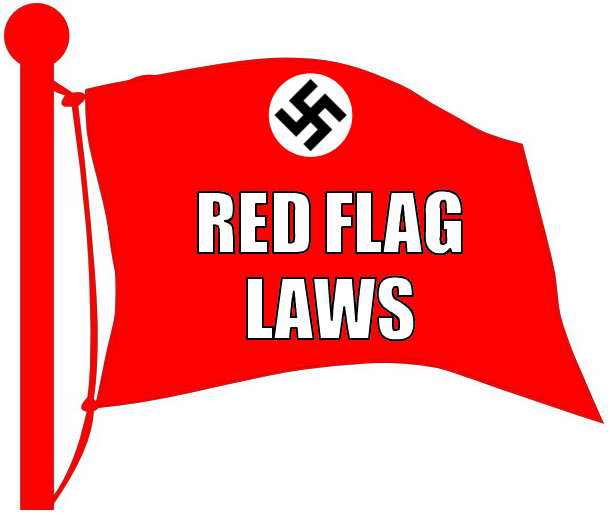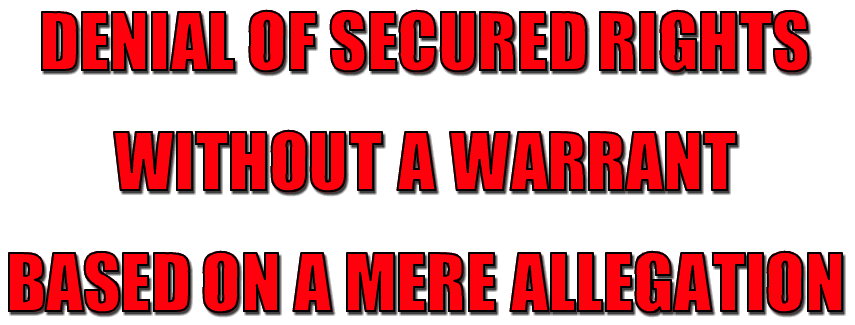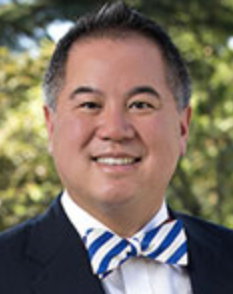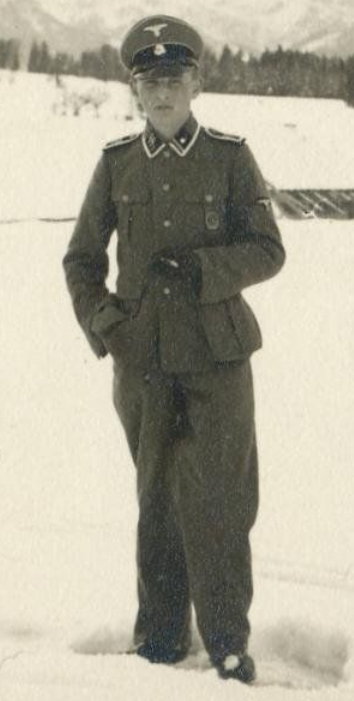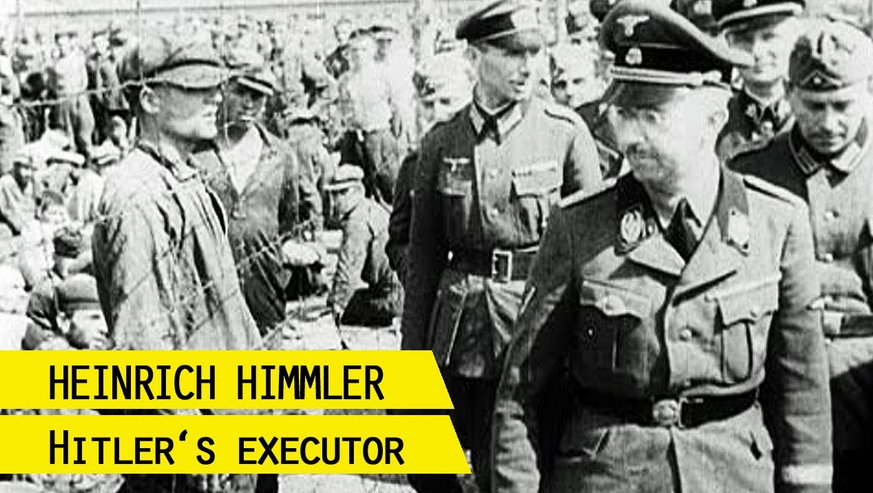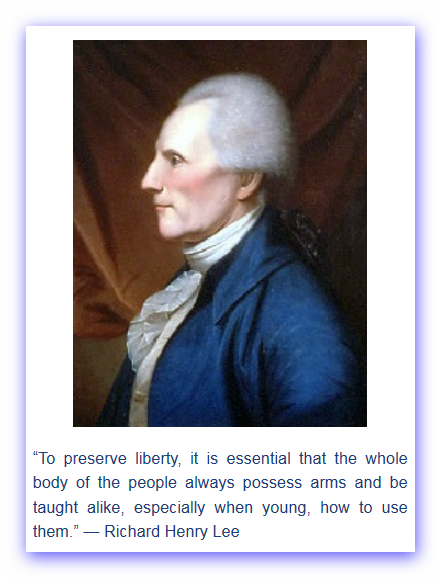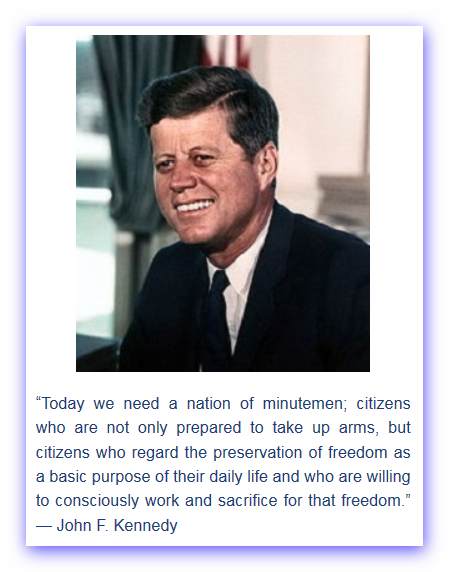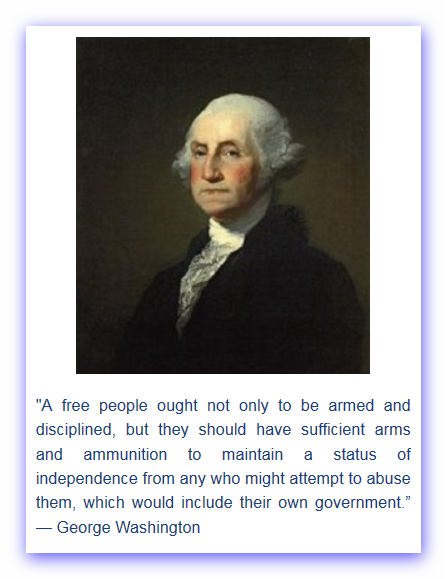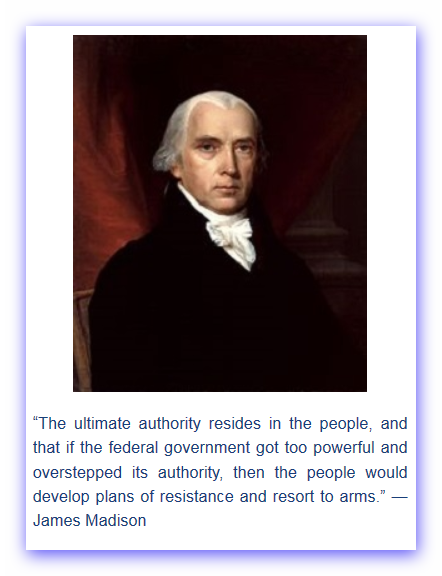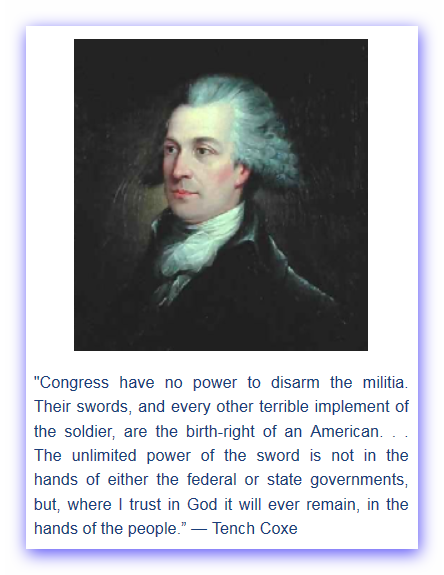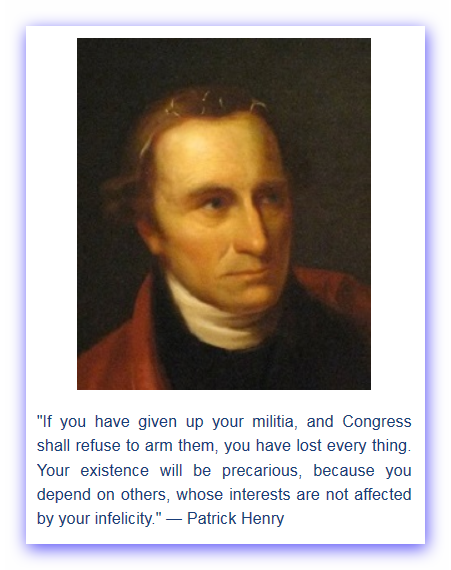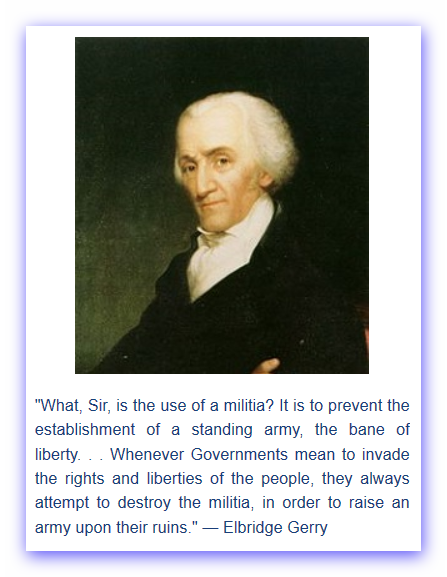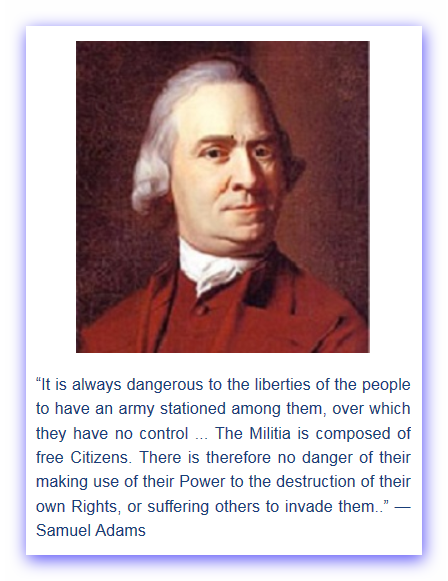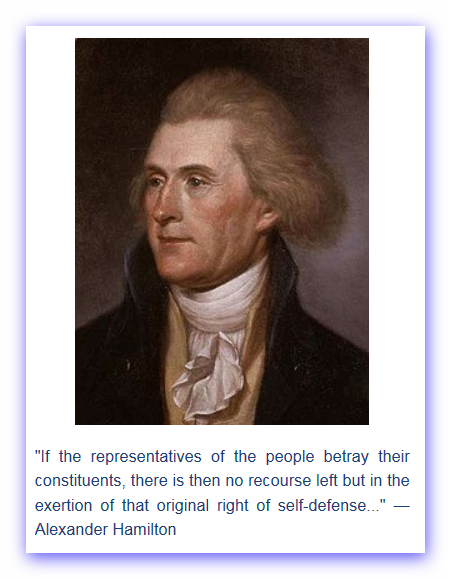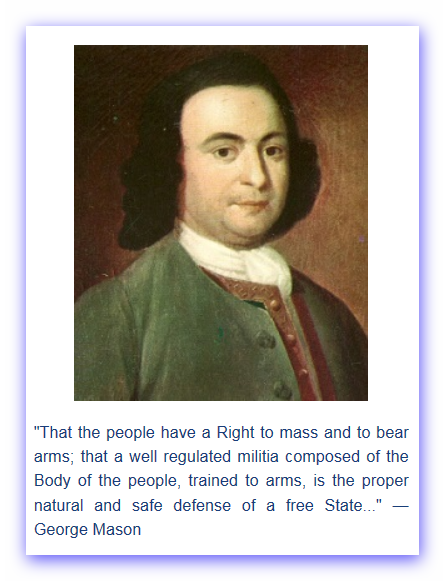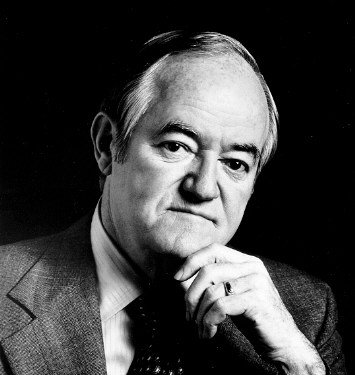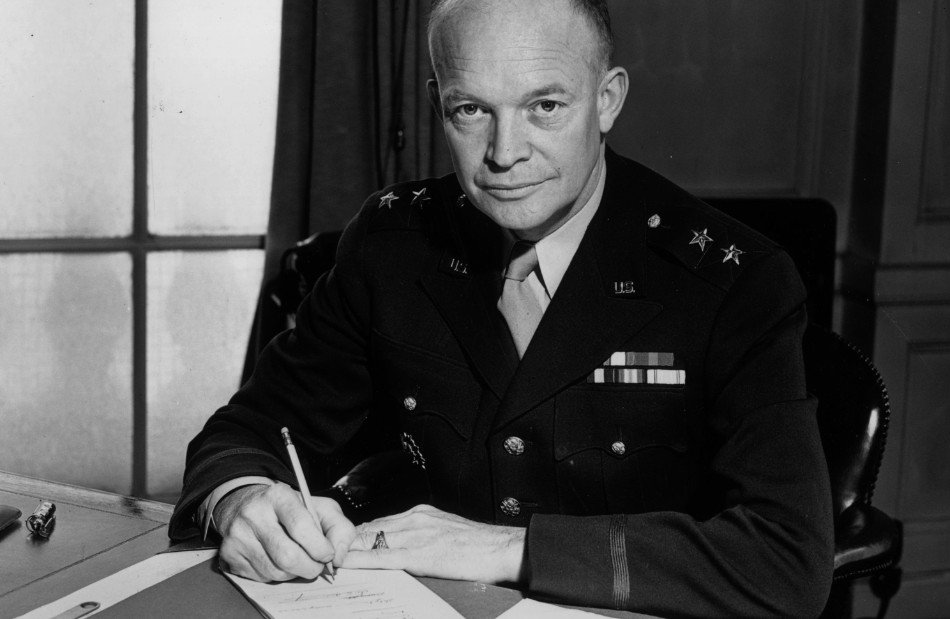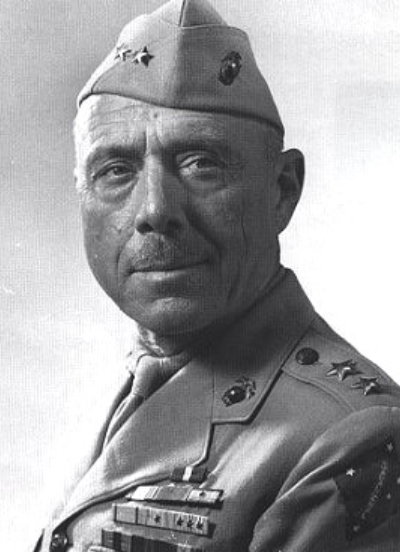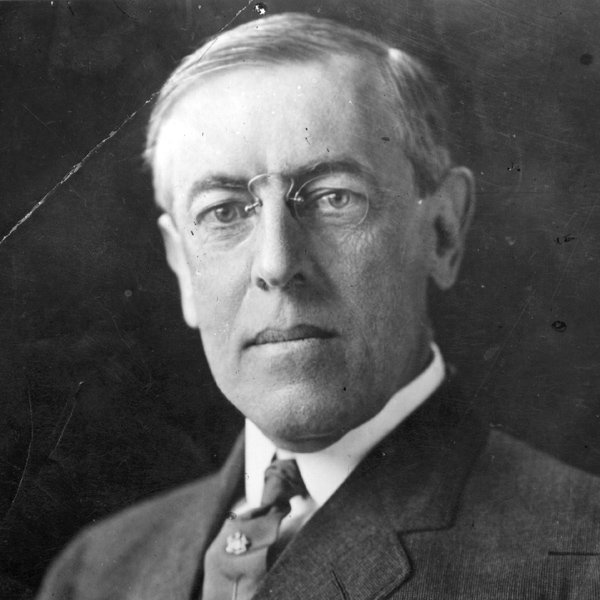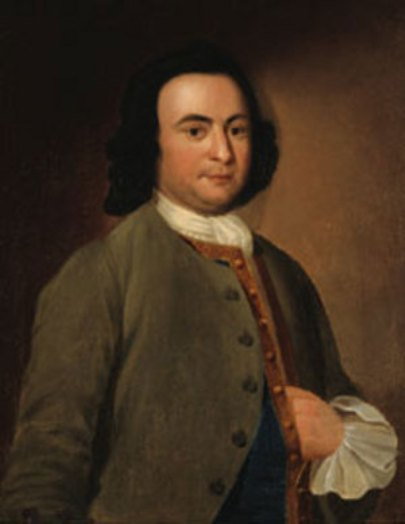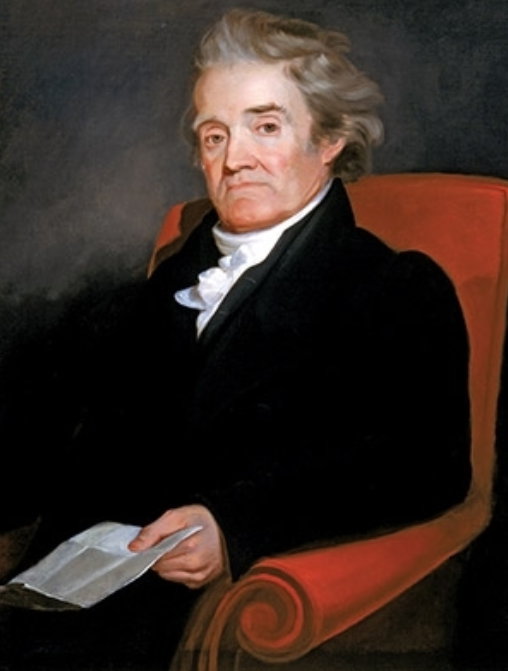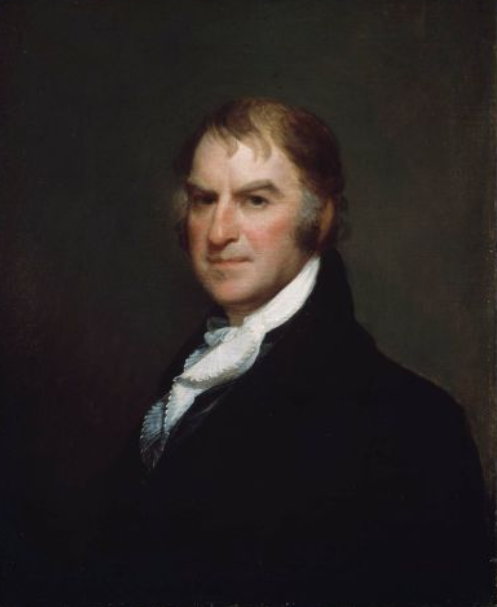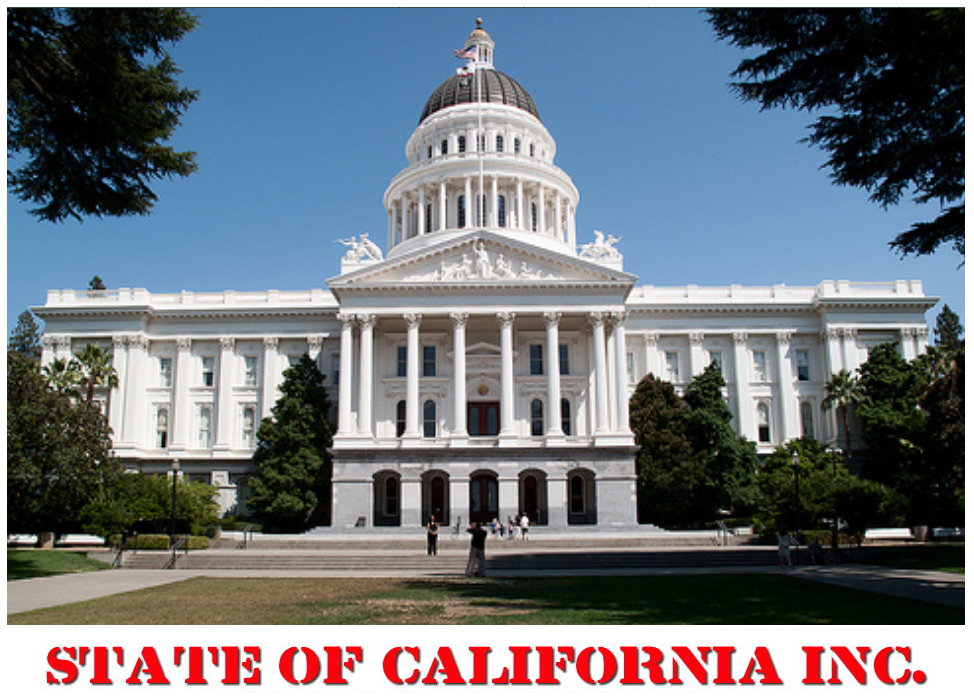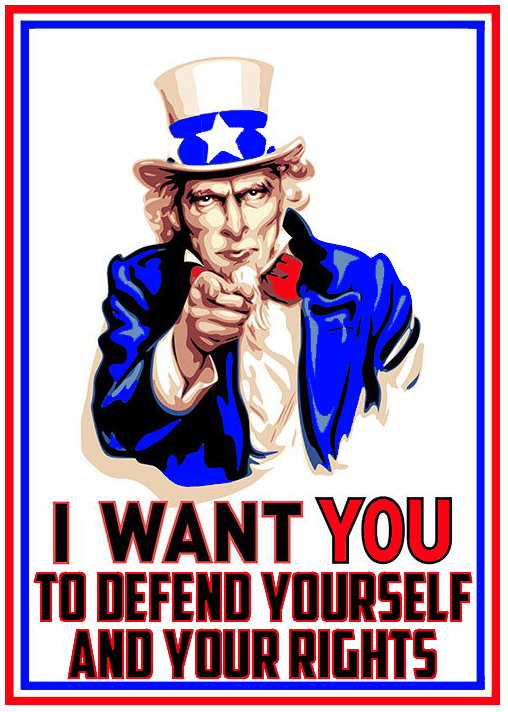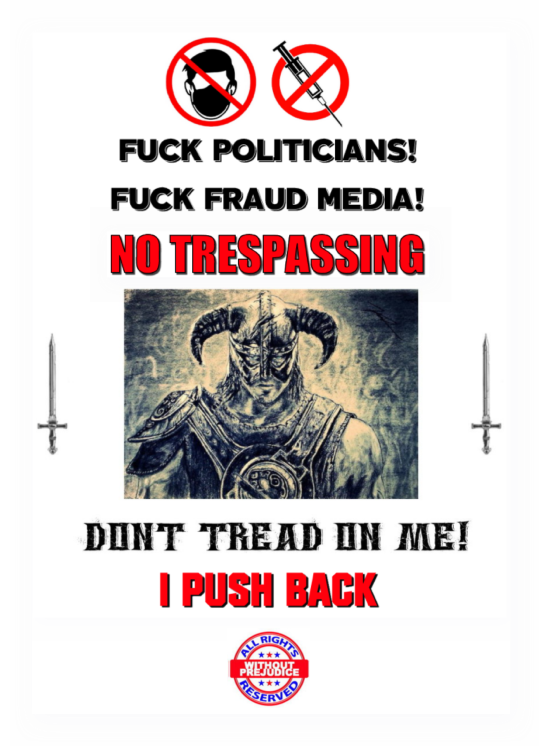

 THAT'S REALLY BAD AS IT PERTAINS TO GUNS AND OWNERSHIIP RIGHTS
THAT'S REALLY BAD AS IT PERTAINS TO GUNS AND OWNERSHIIP RIGHTS

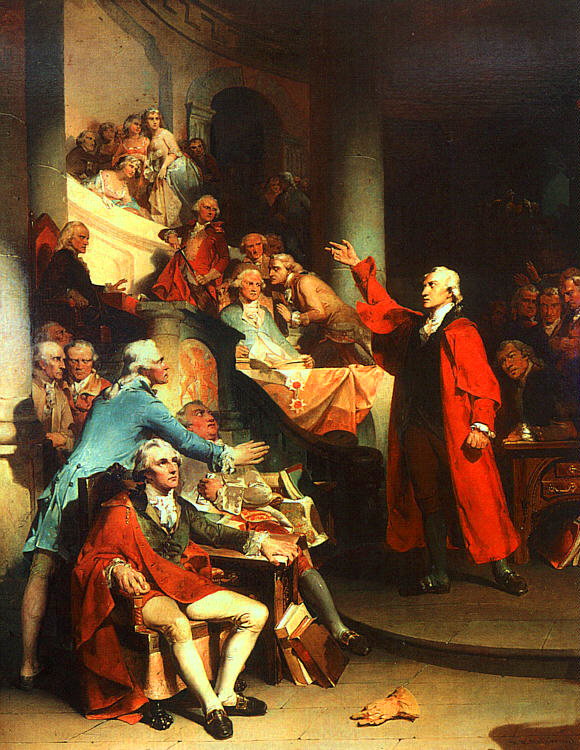 Patrick Henry
Patrick Henry
"Guard with jealous attention
the public liberty. Suspect everyone who approaches that
jewel. Unfortunately, nothing will preserve it but downright
force. Whenever you give up that force, you are ruined."
A couple of links located at Drudge Thursday, September 12, 2019
More states allowing gun seizures...
Chief executives of
145 companies urge Senate to pass controls...
CIVIL ASSET FORFEITURE = TAKING WITHOUT A WARRANT
RED FLAG LAWS = TAKING WITHOUT A WARRANT
CIVIL ASSET FORFEITURE = SUMMARY DENIAL OF SECURED RIGHTS WITHOUT DUE PROCESS OF LAW
RED FLAG LAWS = SUMMARY DENIAL OF DUE PROCESS OF RIGHTS WITHOUT DUE PROCESS OF LAW
CIVIL ASSET FORFEITURE = INVERSION OF DUE PROCESS - YOU HAVE TO PROVE YOU'RE INNOCENT
RED FLAG LAWS = INVERSION OF DUE PROCESS - YOU HAVE TO PROVE YOU'RE INNOCENT.
CIVIL ASSET FORFEITURE = PUNISHMENT BEFORE TRIAL
RED FLAG LAWS = PUNISHMENT BEFORE TRIAL
California Demonrat calls
for expansion of red flag laws: Employers, co-workers & teachers can
petition to take away your guns
by DCG
California Assemblymember Phil Ting tweeted about his excitement to
remove due process for law-abiding citizens, all in the name of “gun
safety.”
From his tweet: “My bill, #AB61, which improves gun safety by expanding CA’s #RedFlagLaw, heads to the Gov! If signed, more people can access a court process that temporarily takes away someone’s firearms if they pose a danger. I called for better gun laws at an SF rally: https://www.youtube.com/watch?v=nZ18vDie_70 …”
What #AB61 allows is for employers, co-workers and teachers to
petition judges to take away guns from people who are deemed a danger to
themselves or others. The bill Ting has proposed had cleared the
California Senate.
More details from 13NewsNow.com:
“California enacted a so-called “red flag law” that took effect in 2016. But it only allows law enforcement and immediate family members to ask judges for gun restraining orders. Assembly Bill 61 by Democratic Assemblyman Phil Ting of San Francisco would expand that law.
Ting introduced the bill in response to a November 2018 mass shooting
in Thousand Oaks, California, where 12 people were killed. The gunman,
Ian David Long, had shown signs of instability to family and friends.
https://www.investmentwatchblog.com/california-demorat-calls-for-expansion-of-red-flag-laws-employers-co-workers-teachers-can-petition-to-take-away-your-guns/
MARTIAL LAW = YOU'RE GUILTY BASED ON A MERE ALLEGATION AND HAVE TO PROVE YOU'RE INNOCENT
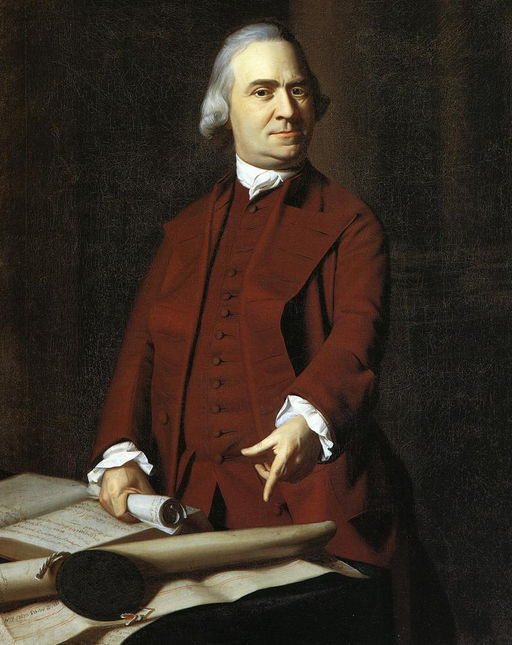 Samuel Adams
Samuel Adams
"Now what liberty is this when property can be taken without permission."
"This Year Will Go Down In History. For The First Time, A
Civilized Nation Has Full Gun Registration! Our Streets Will Be Safer,
Our Police More Efficient, And The World Will Follow Our Lead Into The
Future!"
Adolph Hitler 1935 'Berlin
Daily' (Loose English Translation) April 15th, 1935 Page 3 Article 2 by
Einleitung Von Eberhard Beckmann "Abschied vom Hessenland!"
"All military type firearms are to be handed in immediately ...
The SS, SA and Stahlhelm give every responsible opportunity of
campaigning with them. Therefore anyone who does not belong to one of
the above-named organizations and who unjustifiably nevertheless keeps
his weapon ... must be regarded as an enemy of the national government."
SA Oberfuhrer of Bad Tolz, March, 1933.
"Germans who wish to use firearms should join the SS or the SA -
ordinary citizens don't need guns, as their having guns doesn't serve
the state."
Heinrich Himmler


There is no need for propaganda to be rich in intellectual content.
Joseph Goebbels: Speech at Nurnberg, Aug. 20, 1926
"[T]he rank and file are usually much more primitive than we imagine.
Propaganda must therefore always be essentially simple and repetitive.
In the long run basic results in influencing public opinion will be
achieved only by the man who is able to reduce problems to the simplest
terms and who has the courage to keep forever repeating them in this
simplified form, despite the objections of the intellectuals."
Josef Goebbels, Nazi Minister of Propaganda
The lie can be maintained only for such time as the State can shield
the people from the political, economic and/or military consequences of
the lie. It thus becomes vitally important for the State to
use all of its powers to repress dissent, for the truth is the mortal
enemy of the lie, and thus by extension, the truth becomes the greatest
enemy of the State.
Dr. Joseph M. Goebbels
"The most brilliant propagandist technique will yield no success unless
one fundamental principle is borne in mind constantly ... it must
confine itself to a few points and repeat them over and over."
Joseph Goebbels


“Today, after two thousand years, with deepest emotion I
recognize more profoundly than ever before the fact that it was for
this that He had to shed His blood upon the Cross. As a Christian
I have no duty to allow myself to be cheated, but I have the duty to be
a fighter for truth and justice... And if there is anything which
could demonstrate that we are acting rightly it is the distress that
daily grows.
For as a Christian I have also a duty to my own people."
Adolf Hitler
What luck for rulers, that men do not think.
Adolf Hitler
The size of the lie is a definite factor in causing it to be believed,
for the vast masses of the nation are in the depths of their hearts
more easily deceived than they are consciously and intentionally bad.
The primitive simplicity of their minds render them more easy prey to a
big lie than a small one, for they themselves often tell little lies
but would be ashamed to tell a big one.
Adolf Hitler
"The receptivity of the great masses is very limited, their
intelligence is small, but their power of forgetting is enormous. In
consequence, all effective propaganda must be limited to a very few
points and must harp on these in slogans until the last member of the
public understands what you want him to understand by your slogan."
Adolf Hitler, from Mein Kampf
Propaganda must not serve the truth, especially as it might bring out something favorable for the opponent.
Adolf Hitler: Mein Kampf
The one means that wins the easiest victory over reason: terror and force.
Adolf Hitler: Mein Kampf.
The world can only be ruled by fear.
Adolph Hitler, 1933
'Brutality and physical strength. . . . The people need wholesome
fear. They want to fear something. They want someone to
frighten them and make them shudderingly submissive. . . . Terror is
the most effective political instrument. I shall not permit
myself to be robbed, of it because a lot of stupid bourgeois
mollycoddles choose to be offended by it. It is my duty to
make use of every means of training the German people to severity and
to prepare them for war. . . . My behavior in war-time will be no
different. The most horrible warfare is the kindest. I
shall spread terror by the surprise employment of all my
measures. The important thing is the sudden shock of an
overwhelming fear of death.'
Adolph Hitler, 1933
H. Rauschning, Hitler Speaks, 1939, pp. 87, 89, 90.


If you never created a country or a Constitution or Bill of
Rights then maybe considering what these guys say will be beneficial:
Richard
Henry Lee (January 20, 1732 - June 19, 1794) was an American statesman
and Founding Father from Virginia best known for the Lee
Resolution, the motion in the Second Continental Congress calling
for the colonies' independence from Great Britain.
The strongest reason for the
people to retain the right to keep and bear arms is, as a last resort,
to protect themselves against tyranny in government."
President Thomas Jefferson
"If cowardly and dishonorable men sometimes shoot unarmed men with
army pistols or guns, the evil must be prevented by the penitentiary
and gallows, and not by a general deprivation of a constitutional
privilege."
Arkansas Supreme Court, 1878
"The right of citizens to bear
arms is just one guarantee against arbitrary government, one more
safeguard against the tyranny which now appears remote in America, but
which historically has proved to be always possible."
Senator Hubert H. Humprey (D-Minnesota)
"Among the many misdeeds of the
British rule in India, history will look upon the act of depriving a
whole nation of arms, as the blackest."
Mahatma Gandhi
"The one weapon every man,
soldier, sailor, or airman should be able to use effectively is the
rifle. It is always his weapon of personal safety in an emergency, and
for many it is the primary weapon of offense and defense. Expertness in
its use cannot be overemphasized."
General Dwight D. Eisenhower
"Before God I swear this is my
creed: my rifle and myself are the defenders of our country. We are the
masters of our enemy. We are the saviors of my life. So be it until
victory is America's and there is no enemy, but peace!!
From "My Rifle", by Major General W.H. Rupertus, USMC, Commander, 1st Marine Division
"The American Revolution was a beginning, not a consummation."
Woodrow Wilson, 28th President of the United 'States (1856-1924).
...to disarm the people is the best and most effective way to enslave them..."
George Mason, 3 Elliot, Debates at 380
Before a standing army can rule,
the people must be disarmed; as they are in almost every kingdom in
Europe. The supreme power in America cannot enforce unjust laws by the
sword; because the whole of the people are armed, and constitute a
force superior to any bands of regular troops that can be, on any
pretense, raised in the United States."
Noah Webster, "An
Examination into the leading Principles of the Federal Constitution."
in Paul Ford, ed., Pamphlets on the Constitution of the United States ,
at 56 (New York, 1888).
"... if raised, whether they could subdue a Nation of freemen, who know how to prize liberty, and who have arms in their hands?"
Delegate Sedgewick, during
the Massachusetts Convention, rhetorically asking if an oppressive
standing army could prevail ... Johnathon Elliot, ed., Debates in the
Several State Conventions on the Adoption of the Federal Constitution,
Vol. 2 at 97 (2d ed., 1888).
"Besides the advantage of being
armed, which the Americans possess over the people of almost every
other nation ... notwithstanding the military establishments in the
several kingdoms of Europe, which are carried as far as the public
resources will bear, the governments are afraid to trust the people
with arms.
James Madison, author of the Bill of Rights, in Federalist Paper No. 46, at 243-244.
"As civil rulers, not having their
duty to the people duly before them, may attempt to tyrannize, and as
the military forces which must be occasionally raised to defend our
country, might pervert their power to the injury of their fellow
citizens, the people are confirmed by the article in their right to
keep and bear private arms."
Tench Coxe, in "Remarks on
the First Part of the Amendments to the Federal Constitution." under
the pseudonym, "A Pennsylvanian" in the Philadelphia Federal Gazette,
June 18, 1789 at 2 Col. 1.

"The supposed quietude of a good
man allures the ruffian; while on the other hand, arms, like laws,
discourage and keep the invader and the plunderer in awe, and preserve
order in the world as well as property. The same balance would be
preserved were all the world destitute of arms, for all the world would
be alike; but since some will not, others dare not lay them
aside...Horrid mischief would ensue were one half the world deprived
the use of them..."
Thomas Paine, I Writings of Thomas Paine at 56 (1894)

"Are we at last brought to such
humiliating and debasing degradation that we cannot be trusted with
arms for our defense? Where is the difference between having our arms
in possession and under our direction, and having them under the
management of Congress? If our defense be the real object of having
those arms, in whose hands can they be trusted with more propriety, or
equal safety to us, as in our own hands?"
Patrick Henry, 3 J. Elliot, Debates in the Several State Conventions 45, 2d Ed. Philadelphia, 1836.
WHO'S IN CHARGE? WHO'S THE BOSS? WHO'S THE EMPLOYER?
"The ultimate authority ... resides in the people alone."
James Madison, author of the Bill of Rights, in Federalist Paper No. 46.
[2] The people of
the State of California are supreme and have the undoubted right to
protect themselves and to preserve the form of government...
Steiner v. Darby (1948) 88 Cal.App.2d 481
The PEOPLE of
the states first created the states and state government. They
then created the federal government in response to the thief King of
England who wanted to invade America and take their possessions and
enslave them for the King's benefit because he believed he was entitled
to do so based on the theory "Divine Right Of Kings".
That's a terrorist belief.
The PEOPLE built
those buildings. The PEOPLE created what happens in those
buildings. The EMPLOYEES working in those buildings work
for the PEOPLE who created the buildngs and the jobs they have.
The EMPLOYEES do not dictate nor tell their EMPLOYERS, the PEOPLE, what
to do.
This is
PROPERTY, CONSUMER GOODS, PERSONAL POSSESSIONS which the State
Constitutions secure the right to acquire and possess and use:
WHY THE GUN IN CIVILIZATION
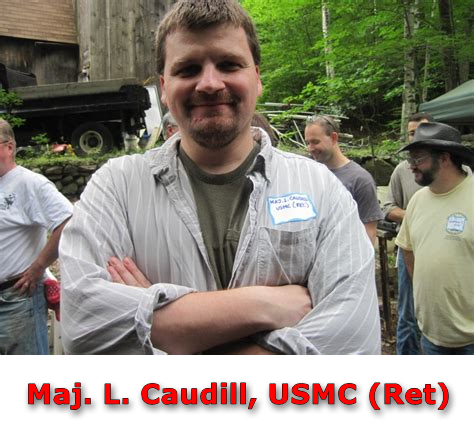


Constitution of the State of California
1849
We the people of California,
grateful to Almighty; God for our freedom: in order to secure its
blessings, do establish this Constitution.
Article I: Declaration of Rights
Sec. 1.
All men are by nature free and
independent, and have certain unalienable rights, among which are those
of enjoying and defending life and liberty: acquiring, possessing and
protecting property: and pursuing and obtaining safety and happiness.
Sec. 8.
No person shall be held to answer
for a capital or otherwise infamous crime (except in cases of
impeachment, and in cases of militia when in actual service, and the
land and naval forces in time of war, or which this state may keep with
the consent of Congress in time of peace, and in cases of petit larceny
under the regulation of the legislature) unless on presentment or
indictment of a grand jury; and in any trial in any court whatever, the
party accused shall be allowed to appear and defend in person and with
counsel, as in civil actions. No person shall be subject to be
twice put in jeopardy for the same offence; nor shall he be compelled,
in any criminal case, to be a witness against himself, nor
be deprived of life, liberty, or property, without due process of law;
nor shall private property be taken for public use without just
compensation.
Sec. 21.
This enumeration of rights shall not be construed to impair or deny others, retained by the people.

Amendment 2
The Right to Bear Arms
A well-regulated Militia being
necessary to the security of a free State, the right of the people to
keep and bear Arms shall not be infringed.
Amendment 5
Protection of Rights to Life, Liberty, and Property
No person shall be held to answer
for a capital or otherwise infamous crime unless on a presentment or
indictment of a grand jury, except in cases arising in the land or
naval forces, or in the militia, when in actual service in time of war
or public danger; nor shall any person be subject for the same offense
to be twice put in jeopardy of life or limb; nor shall be compelled in
any criminal case to be a witness against himself, nor be deprived of life, liberty, or property without due process of law; nor shall private property be taken for public use without just compensation.
Amendment 8
Excessive Bail, Fines, and Punishments Forbidden
Excessive bail shall not be required, nor excessive fines imposed, nor cruel and unusual punishments inflicted.
Amendment 9
Other Rights Kept by the People
The enumeration in the Constitution of certain rights shall not be construed to deny or disparage others retained by the people.
It would be CRUEL and UNUSUAL to
confiscate/take/seize the PROPERTY of the PEOPLE by their EMPLOYEES in
absence of DUE PROCESS OF LAW (warrant, day in court, compensation).
 Contrary to what you believe, the
police have no duty to protect you from your neighbor! You are
your FIRST LINE of defense.
Contrary to what you believe, the
police have no duty to protect you from your neighbor! You are
your FIRST LINE of defense.
(a)
A State's failure to protect an individual against private violence
generally does not constitute a violation of the Due Process Clause,
because the Clause imposes no duty on the State to provide members of
the general public with adequate protective services.
...the Due Process Clause did not impose upon the State an affirmative duty to provide petitioner with adequate protection.
First, the court
held that the Due Process Clause of the Fourteenth Amendment does not
require a state or local governmental entity to protect its citizens
from "private violence, or other mishaps not attributable to the
conduct of its employees."
But nothing in
the language of the Due Process Clause itself requires the State to
protect the life, liberty, and property of its citizens against
invasion by private actors. The Clause is phrased as a
limitation on the State's power to act, not as a guarantee of certain
minimal levels of safety and security. It forbids the State
itself to deprive individuals of life, liberty, or property without
"due process of law," but its language cannot fairly be extended to
impose an affirmative obligation on the State to ensure that those
interests do not come to harm through other means.
Consistent with
these principles, our cases have recognized that the Due Process
Clauses generally confer no affirmative right to governmental aid, even
where such aid may be necessary to secure life, liberty, or property
interests of which the government itself may not deprive the individual.
If the Due
Process Clause does not require the State to provide its citizens with
particular protective services, it follows that the State cannot be
held liable under the Clause for injuries that could have been averted
had it chosen to provide them.
...the State had no constitutional duty to protect Joshua.
DESHANEY v. WINNEBAGO CTY. SOC. SERVS. DEPT., 489 U.S. 189 (1989)
Although
Balistreri was injured seriously enough to require treatment for
injuries to her nose, mouth, eyes, teeth and abdomen, the officers did
not offer Balistreri medical assistance.
Balistreri claims
that defendants breached a duty to protect her imposed by the due
process and equal protection clauses of the Fourteenth Amendment, and
further claims a violation by defendants of her right to be free from
excessive use of force and unlawful searches and seizures by police.
There is, in
general, no constitutional duty of state officials to protect members
of the public at large from crime. See Martinez v. California,
444 U.S. 277, 284-85, 100 S.Ct. 553, 558-59, 62 L.Ed.2d 481 (1980);
Ketchum, 811 F.2d 1243, 1247 (9th Cir.1987); Bowers v. DeVito, 686 F.2d
616, 618 (7th Cir.1982). However, such a duty may arise by
virtue of a "special relationship" between state officials and a
particular member of the public. Ketchum, 811 F.2d at 1247; Escamilla
v. Santa Ana, 796 F.2d 266, 269 (9th Cir.1986).
Balistreri v. Pacifica Police Department (1988) 901 F.2d 696 (9th Cir.)
The right (on
which see McDonald v. Smith, 472 U.S. 479, 482-85 (1985)) has never
been understood to be a right to police assistance, or for that matter
to any governmental assistance, services, or largesse. As
the Supreme Court held in DeShaney v. Winnebago County Dept. of Social
Services, 489 U.S. 189, 195-97 (1989), and we have repeated many times,
the Constitution, insofar as it creates or protects liberties, is (with
immaterial exceptions) a charter of negative liberties. River Park,
Inc. v. City of Highland Park, 23 F.3d 164, 166 (7th Cir. 1994); K.H.
Through Murphy v. Morgan, 914 F.2d 846, 848-49 (7th Cir. 1990); Jackson
v. City of Joliet, 715 F.2d 1200, 1203-04 (7th Cir. 1983); Bowers v.
DeVito, 686 F.2d 616, 618 (7th Cir. 1982); Pinder v. Johnson, 54 F.3d
1169, 1174 (4th Cir. 1995) (en banc); Alston v. Redman, 34 F.3d 1237,
1247 (3d Cir. 1994); David P. Currie, "Positive and Negative
Constitutional Rights," 53 U. Chi. L. Rev. 864 (1986). It
creates areas in which the government has to let people alone; it does
not entitle them to demand services, such as police protection.
Eyrle S. Hilton, IV v. City of Wheeling, et al. (2000) No. 99-3727, In the United States Court of Appeals For the Seventh Circuit
The Arizona
Superior Court had concluded that the duty of defendants to arrest the
reckless drivers was a duty owed to the general public and not to the
deceased occupants of the oncoming vehicle. The Arizona Supreme Court
agreed.
The Court,
however, does not agree that defendants owed a specific legal duty to
plaintiffs with respect to the allegations made in the amended
complaint for the reason that the District of Columbia appears to
follow the well-established rule that official police personnel and the
government employing them are not generally liable to victims of
criminal acts for failure to provide adequate police protection.
This uniformly
accepted rule rests upon the fundamental principle that a government
and its agents are under no general duty to provide public services,
such as police protection, to any particular individual citizen. Turner v. United States, 248 U.S. 354, 357-58, 39 S. Ct. 109, 110, 63 L. Ed. 291 (1919); Rieser v. District of Columbia, supra.
Accordingly,
courts have without exception concluded that when a municipality or
other governmental entity undertakes to furnish police services, it
assumes a duty only to the public at large and not to individual
members of the community. E.g., Trautman v. City of Stamford, 32
Conn.Supp. 258, 350 A.2d 782 (1975); Henderson v. City of St.
Petersburg, 247 So.2d 23 (Fla.Dist.Ct.App.1971); Massengill v. Yuma
County, supra, and Riss v. City of New York, supra. Dereliction in the
performance of police duties may, therefore, be redressed only in the
context of a public prosecution and not in a private suit for money
damages. Massengill, supra.
Warren v. District of Columbia (1981) 444 A.2d 1
W. Va. Code,
29-12A-5(a)(5) [1986], which provides, in relevant part, that a
political subdivision is immune from tort liability for ‘the failure to
provide, or the method of providing, police, law enforcement or fire
protection[,]’...
Recently, this Court succinctly explained the public duty doctrine in this way:
Under the public
duty doctrine, a government entity or officer cannot be held liable for
breaching a general, non-discretionary duty owed to the public as a
whole. “Often referred to as the ‘duty to all, duty to no one’
doctrine, the public duty doctrine provides that since government owes
a duty to the public in general, it does not owe a duty to any
individual citizen.” [John Cameron McMillan, Jr., “Government Liability
and the Public Duty Doctrine,” 32 Vill. L. Rev. 505, 509 (1987)
(footnotes omitted)]. Generally, no private liability attaches
when a fire department or police department fails to provide adequate
protection to an individual.
BOWDEN v. MONROE COUNTY COMMISSION, AND PATRICIA GREEN, INDIVIDUALLY AND IN HER OFFICIAL CAPACITY, (2017) No. 16-0597, IN THE SUPREME COURT OF APPEALS OF WEST VIRGINIA
 106 YEAR OLD WOMAN GUARDING HER HOME
106 YEAR OLD WOMAN GUARDING HER HOME










